Anxiety Disorder: What It Is and How It Affects You
Anxiety is a natural response to stress, characterized by feelings of worry and fear . It can be a normal reaction to uncertain situations, but when these feelings become excessive, persistent, and interfere with daily life, they may indicate an anxiety disorder. Understanding anxiety and its effects on the mind and body is crucial for managing and mitigating its impact.
What is Anxiety?
Anxiety is a complex emotional response that involves both the mind and body. It is often described as a feeling of unease, such as worry or fear, that can be mild or severe. While occasional anxiety is a normal part of life, anxiety disorders are characterized by chronic and excessive worry that is difficult to control and affects daily functioning.
Types of Anxiety Disorders
Anxiety disorders encompass a range of conditions, each with distinct features. The most common types include:
- Generalized Anxiety Disorder (GAD): Characterized by persistent and excessive worry about various aspects of life, such as work, health, and relationships. This worry is often disproportionate to the actual situation and can interfere with daily activities.
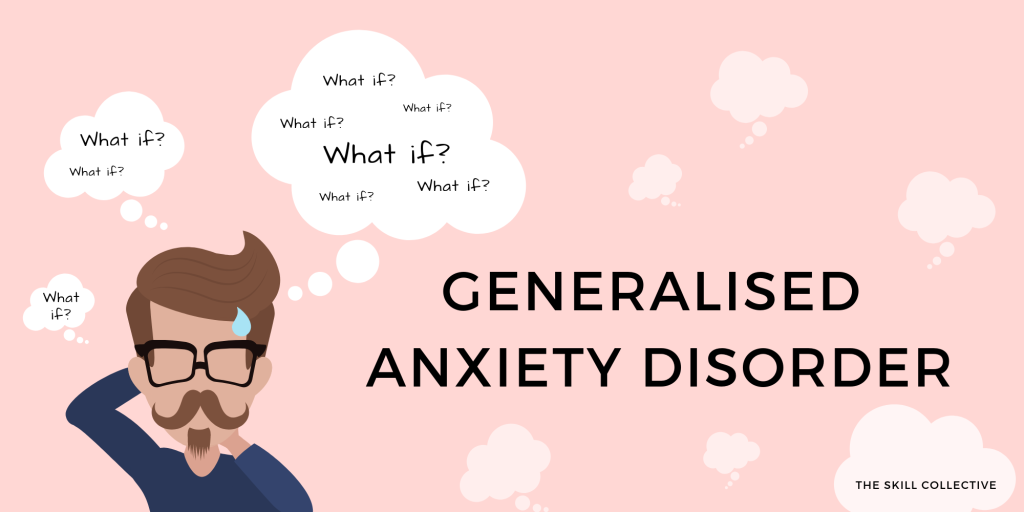
2. Panic Disorder: Involves recurrent panic attacks—sudden episodes of intense fear or discomfort accompanied by physical symptoms like heart palpitations, sweating, and shortness of breath. Panic attacks can occur unexpectedly and are often debilitating.
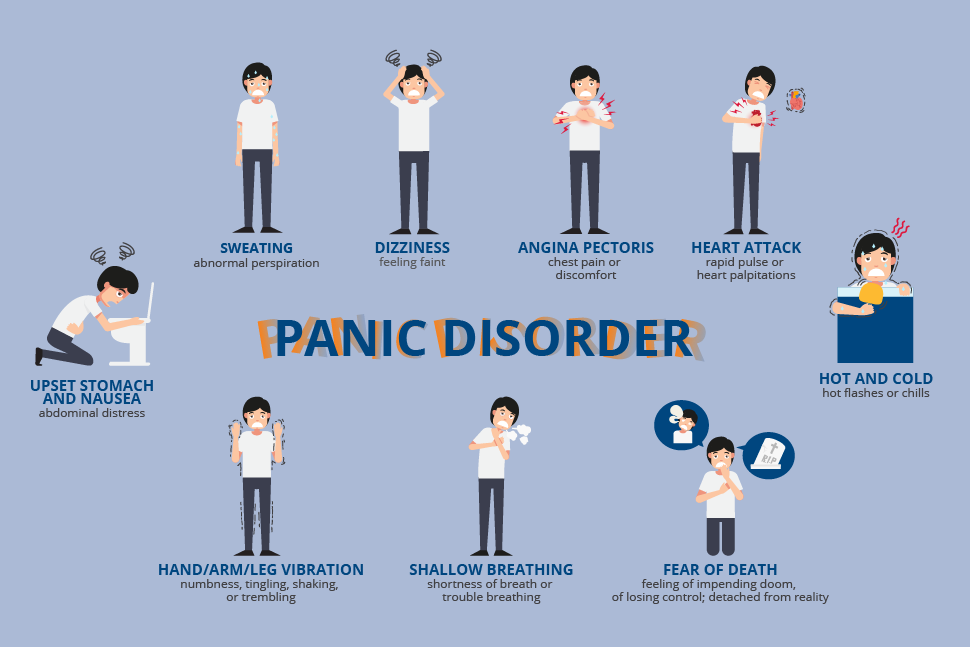
3. Social Anxiety Disorder: Marked by intense fear of social situations and being judged or embarrassed in public. This can lead to avoidance of social interactions and significant distress.
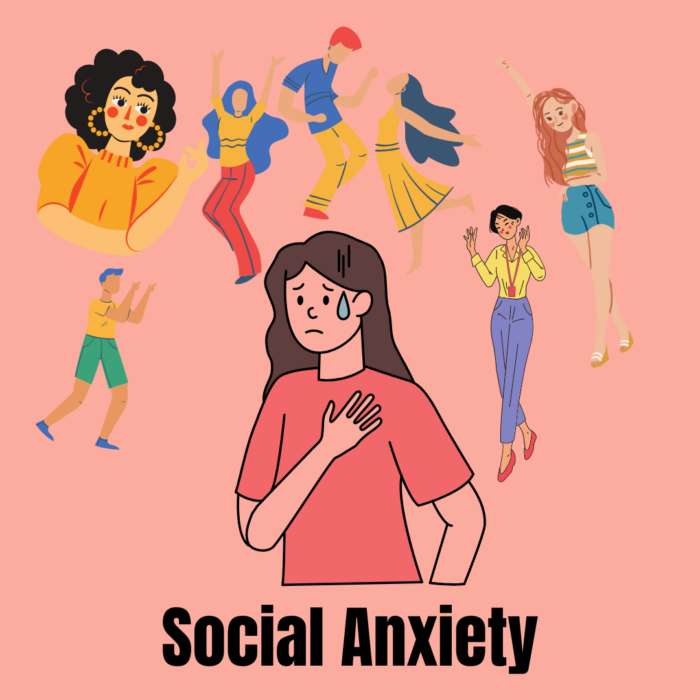
4. Specific Phobias: Involves an irrational fear of specific objects or situations, such as heights, animals, or flying. The fear is disproportionate to the actual danger and can lead to avoidance behaviors.
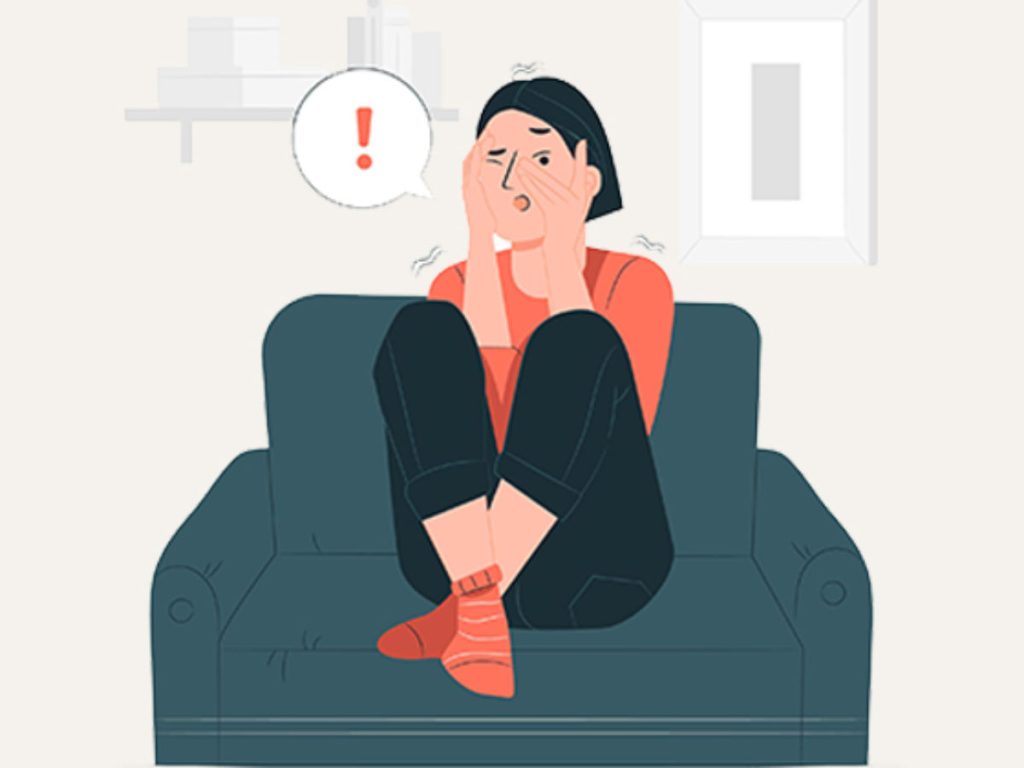
5. Obsessive-Compulsive Disorder (OCD): Characterized by unwanted and intrusive thoughts (obsessions) and repetitive behaviors or mental acts (compulsions) performed to reduce anxiety.
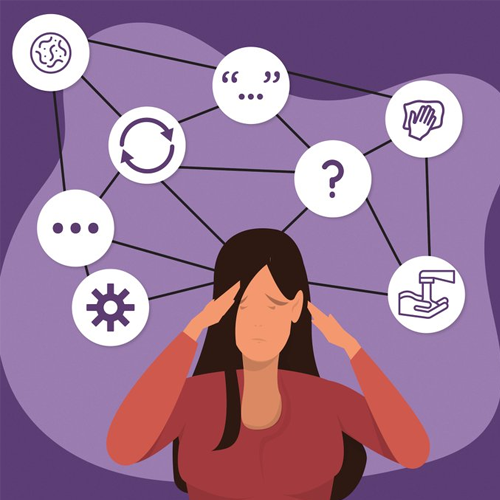
6. Post-Traumatic Stress Disorder (PTSD): Develops after experiencing or witnessing a traumatic event. Symptoms include flashbacks, nightmares, severe anxiety, and uncontrollable thoughts about the event.
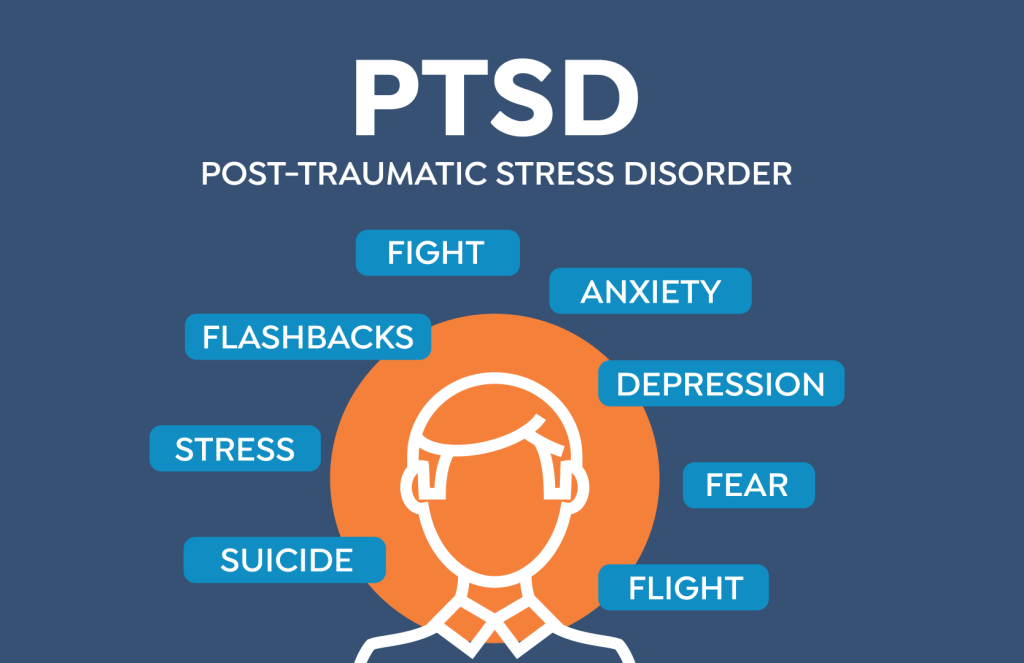
Symptoms of Anxiety
Anxiety can manifest in various ways, both mentally and physically. Common symptoms include:
- Emotional Symptoms: Excessive worry, fear, restlessness, irritability, feeling tense or jumpy, and anticipating the worst.
- Cognitive Symptoms: Racing thoughts, difficulty concentrating, and intrusive thoughts.
- Physical Symptoms: Increased heart rate, sweating, trembling, shortness of breath, dizziness, headaches, stomach issues, and muscle tension.
These symptoms can vary in intensity and duration, depending on the individual and the type of anxiety disorder.
Causes of Anxiety
The exact cause of anxiety disorders is not fully understood, but several factors can contribute to their development:
- Genetics: A family history of anxiety disorders can increase the likelihood of developing anxiety.
- Brain Chemistry: Imbalances in neurotransmitters, such as serotonin, dopamine, and norepinephrine, can affect mood and anxiety levels.
- Environmental Factors: Stressful life events, trauma, and environmental stressors can trigger or exacerbate anxiety.
- Personality Traits: Certain personality traits, such as being highly sensitive or having low self-esteem, may make an individual more susceptible to anxiety.
- Medical Conditions: Certain medical conditions, such as thyroid disorders, heart disease, and chronic pain, can be associated with increased anxiety.
- Substance Use: Excessive use of alcohol, caffeine, or drugs can contribute to anxiety symptoms.
The Impact of Anxiety on our Daily Life
Anxiety can significantly impact various aspects of daily life, including:
- Work and Productivity: Anxiety can make it difficult to concentrate, meet deadlines, and perform tasks effectively. It may also lead to absenteeism and reduced job satisfaction.
- Relationships: Anxiety can strain relationships with family, friends, and romantic partners. Social anxiety can lead to isolation and difficulty forming and maintaining relationships.
- Physical Health: Chronic anxiety can weaken the immune system, increase the risk of cardiovascular issues, and exacerbate symptoms of other medical conditions.
- Mental Health: Anxiety is often comorbid with other mental health conditions, such as depression, which can compound its impact on overall well-being.
- Quality of Life: Persistent anxiety can reduce overall quality of life, leading to a lack of enjoyment in daily activities and a sense of hopelessness.
Managing and Treating Anxiety
Effective management and treatment of anxiety often involve a combination of approaches. Here are some strategies that can help:
- Therapy: Cognitive-behavioral therapy (CBT) is one of the most effective treatments for anxiety disorders. It helps individuals identify and change negative thought patterns and behaviors. Other therapeutic approaches, such as exposure therapy, dialectical behavior therapy (DBT), and acceptance and commitment therapy (ACT), can also be beneficial.
- Medication: Anti-anxiety medications, such as selective serotonin reuptake inhibitors (SSRIs), benzodiazepines, and beta-blockers, can help manage symptoms. Medication should be prescribed and monitored by a healthcare professional.
- Lifestyle Changes: Regular exercise, a healthy diet, and adequate sleep can significantly reduce anxiety symptoms. Reducing caffeine and alcohol intake can also help.
- Relaxation Techniques: Practices such as deep breathing, progressive muscle relaxation, meditation, and mindfulness can promote relaxation and reduce anxiety.
- Support Networks: Joining support groups or connecting with others who understand can provide emotional support and practical advice for managing anxiety.
- Self-Care: Engaging in activities that bring joy and relaxation, such as hobbies, spending time in nature, and practicing self-compassion, is essential for managing anxiety.
When to Seek Professional Help
While self-help strategies can be effective, it’s important to seek professional help if:
- Anxiety is interfering with daily life, work, or relationships.
- Symptoms are persistent and overwhelming.
- There are physical symptoms that could be related to anxiety.
- There are thoughts of self-harm or suicide.
A mental health professional can provide a comprehensive evaluation and develop a personalized treatment plan.
Understanding anxiety and its impact is the first step toward managing it effectively. By recognizing the signs and symptoms, exploring potential causes, and implementing effective coping strategies, individuals can reduce the impact of anxiety on their lives. Whether through therapy, medication, lifestyle changes, or a combination of approaches, there are numerous ways to manage anxiety and improve overall well-being. If anxiety is significantly affecting your life, don’t hesitate to seek professional help—support and treatment are available, and you don’t have to face anxiety alone.
